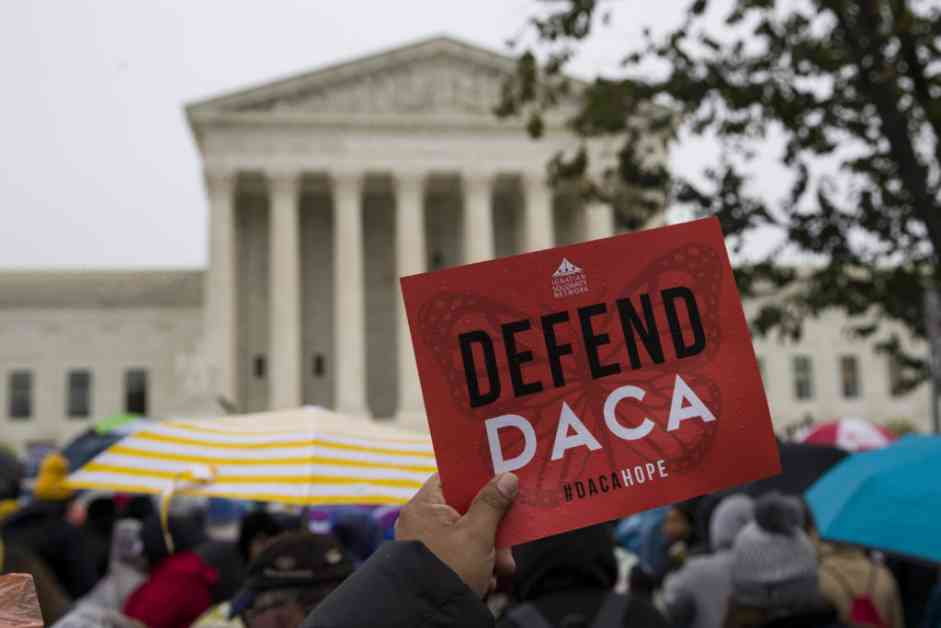Enrollment numbers of low-income undocumented students at the University of California and California State University have taken a significant hit, dropping by 50% between the school years 2016-17 and 2022-23. This decline is a cause for concern as it impacts the ability of these students to access higher education opportunities.
The study conducted by William C. Kidder of the UCLA Civil Rights Project and Kevin R. Johnson of the UC Davis School of Law sheds light on the challenges faced by undocumented students in pursuing college education. The lack of federal financial aid options such as Pell Grants and legal work permits makes it difficult for these students to afford college tuition.
Governor Gavin Newsom’s recent veto of Assembly Bill 2586, which aimed to allow undocumented students to work on-campus at public colleges, has further exacerbated the situation. The veto has implications for the ability of these students to support themselves financially while pursuing their education.
The researchers emphasize the importance of finding ways to support undocumented students financially, such as through scholarships and fee remissions. These measures can help offset the challenges faced by these students in accessing and affording higher education.
The study also points to the impact of the Deferred Action for Childhood Arrivals (DACA) program on undocumented students. The program, which has faced legal challenges and is no longer processing new applicants, provided temporary work permits and protection from deportation to certain undocumented immigrants. The uncertainty surrounding DACA has contributed to the decline in enrollment numbers of undocumented students at public universities in California.
It is essential for policymakers and university administrators to consider the implications of these enrollment trends on the future prospects of undocumented students. Supporting these students in accessing higher education not only benefits them individually but also contributes to the overall well-being and prosperity of the state.
Moving forward, it is crucial for universities to explore ways to create more funding opportunities for undocumented students and to advocate for policies that enable these students to pursue their educational goals. By prioritizing the needs of undocumented students, institutions can create a more inclusive and supportive environment for all students to thrive and succeed.




















